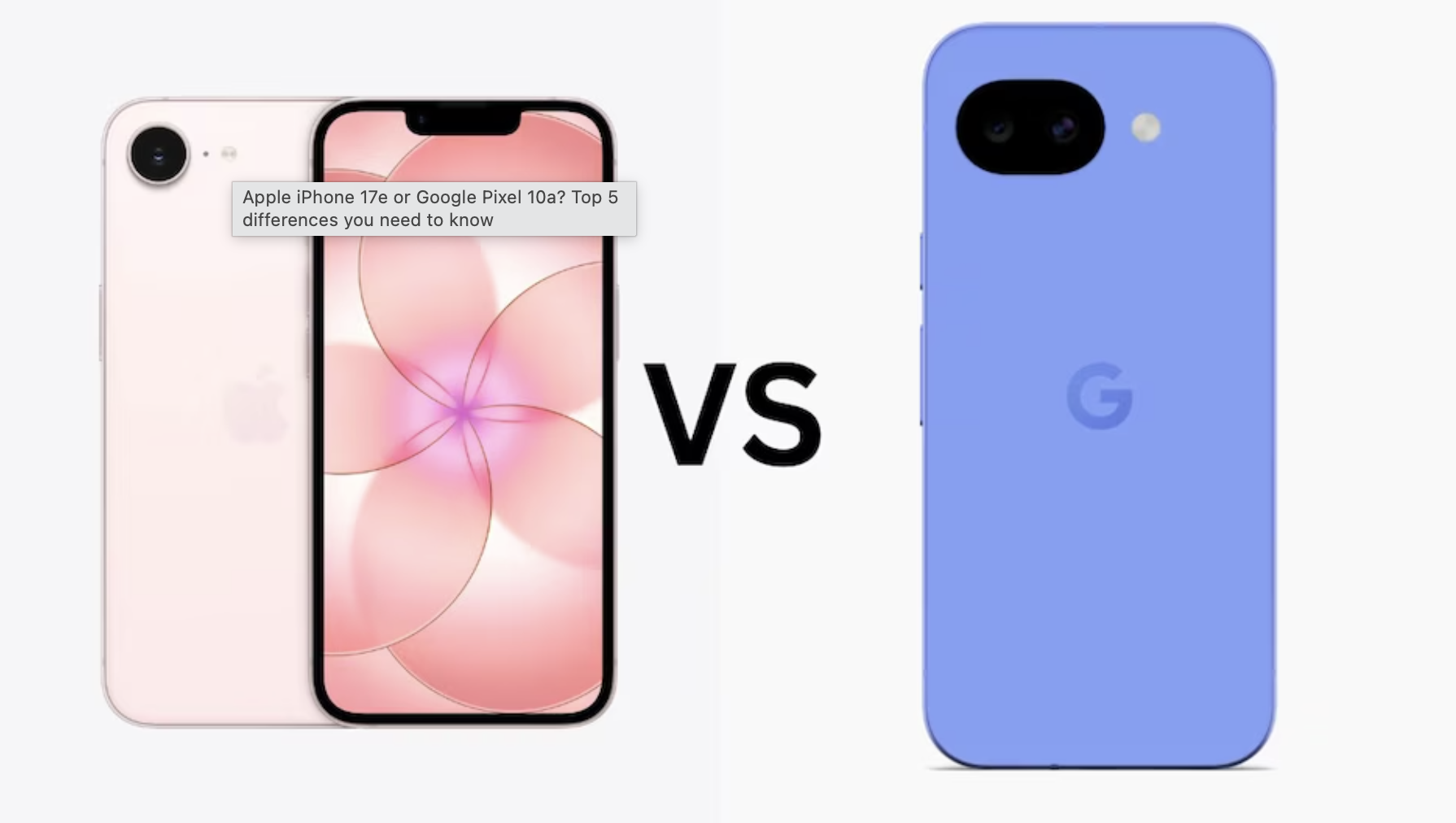OpenAI has introduced a game-changing update to ChatGPT’s Memory feature. This upgrade now allows the chatbot to remember everything users have shared in previous interactions. The goal is to provide more personalized, relevant, and context-aware responses across a wide range of use cases—writing help, advice, learning, and more.

Memory That Learns and Adapts
According to OpenAI, ChatGPT can now reference past conversations to better understand user preferences and deliver smoother, more tailored interactions. The idea is to transform the chatbot into a smart companion that learns from ongoing exchanges, just like a human assistant.
CEO Sam Altman took to social media to express his excitement, calling it “a surprisingly great feature” that showcases the future of AI—systems that evolve with users over time. While the update aims to boost productivity and deepen user engagement, it also raises important questions.
Growing Concerns Over Privacy
The announcement received a mixed response online. While some users welcomed the personalized touch, others expressed deep concerns over data privacy. Questions were raised about how much data OpenAI would retain and the possible misuse of such information.
One user asked, “What are the implications of a company knowing this much about millions?” Another sarcastically compared ChatGPT to a spouse who never forgets a single word.
OpenAI reassured users that the memory feature is optional. Users can opt out entirely or choose temporary chats that do not influence or access memory.
Does ChatGPT Make People Lonely?
Alongside this update, a joint study by OpenAI and MIT Media Lab found that heavy ChatGPT users who formed strong emotional connections with the bot were more likely to experience loneliness. While multiple factors contribute to such feelings, the study highlights the psychological impact of frequent AI interactions.
Researchers emphasized that the findings should trigger a broader conversation about AI and mental health, especially as technology becomes more integrated into daily life.
Final Thoughts
ChatGPT’s enhanced memory has the potential to redefine digital assistance by making interactions more human-like and efficient. However, it also reminds us to tread carefully when technology becomes too personal. Balancing convenience with privacy and emotional well-being will be key in the AI-driven future.












